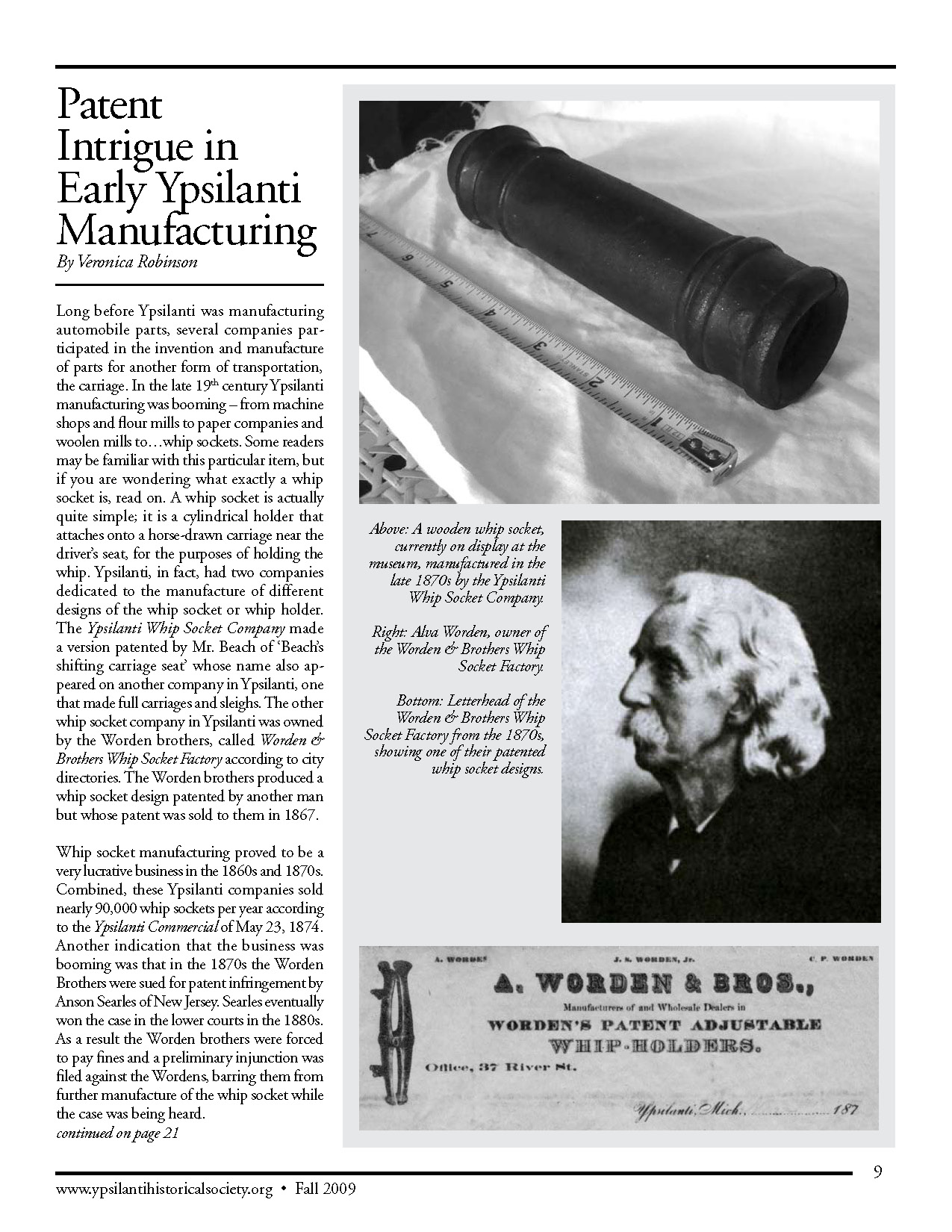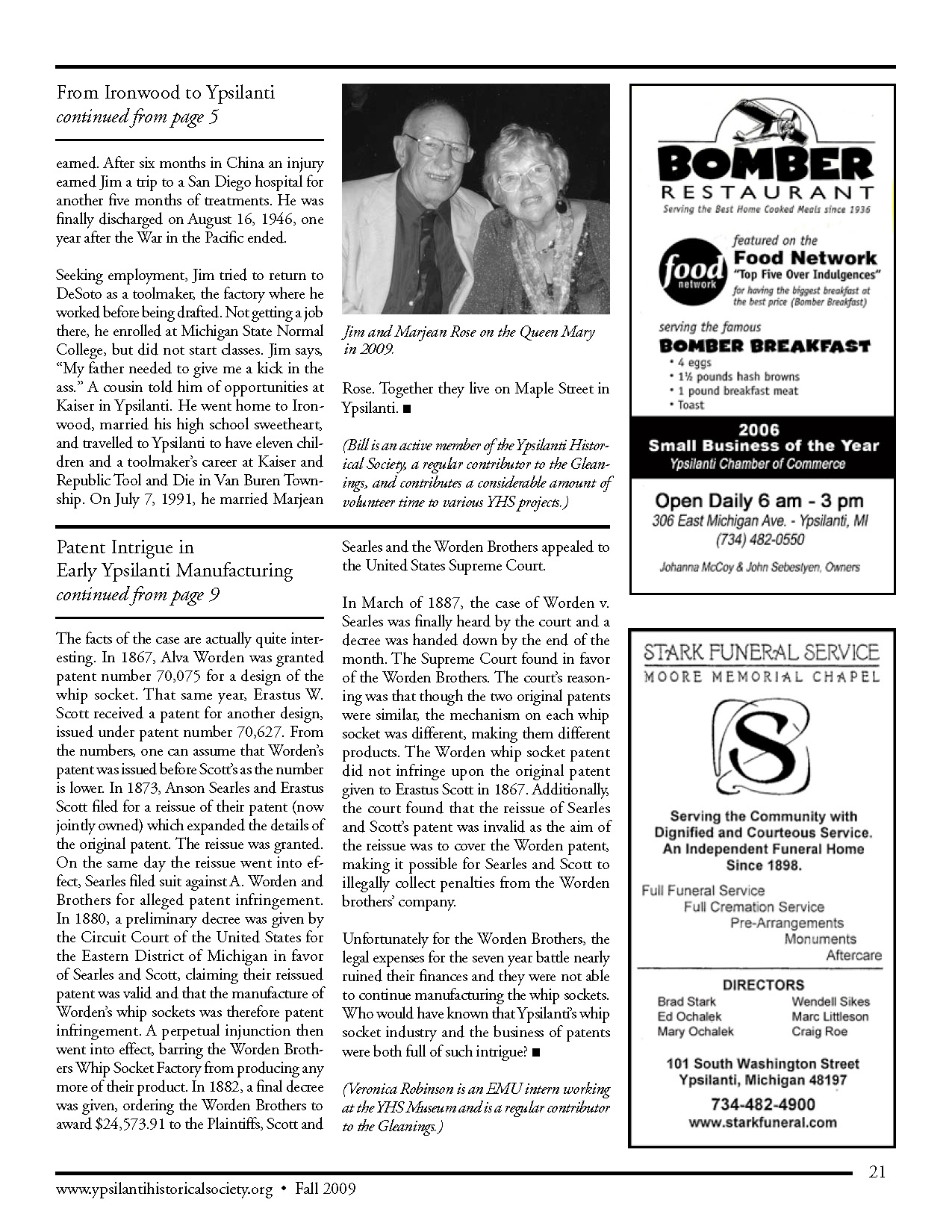Patent Intrigue in Early Ypsilanti Manufacturing


Parent ID
Rights Held By
Ypsilanti Historical Society
Doc
Subjects
Ypsilanti Gleanings
Industry